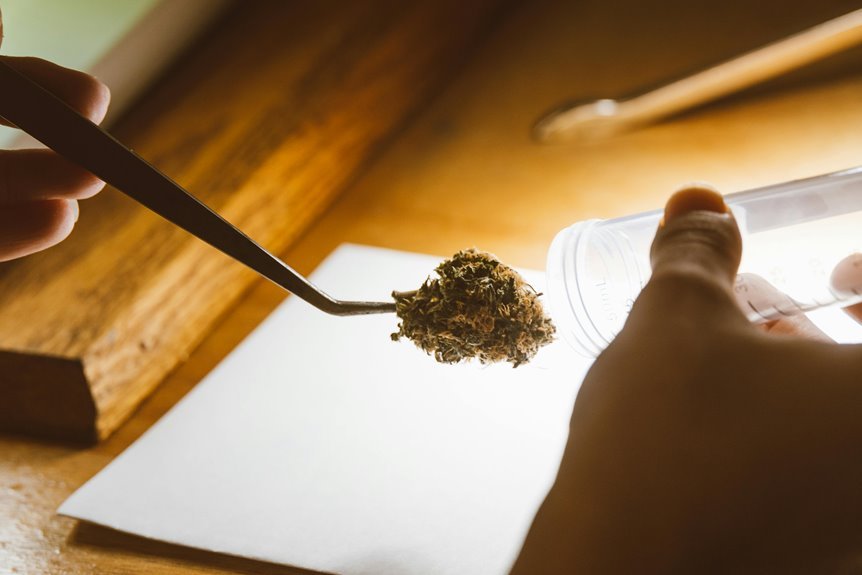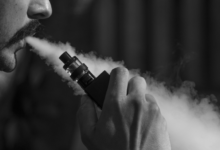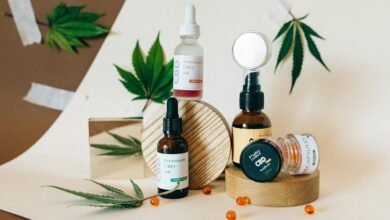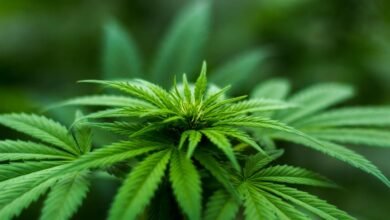Can Cbd Fail Drug Test

The relationship between CBD and drug testing is complex. While CBD itself is non-psychoactive, many products contain trace amounts of THC. This can lead to unexpected outcomes during drug tests, especially urine tests. Users must navigate this landscape carefully. Understanding the distinctions between CBD and THC, alongside the testing methods employed, is crucial. What are the implications for those who rely on CBD in their daily lives?
Understanding CBD and THC: The Key Differences
Cannabidiol (CBD) and tetrahydrocannabinol (THC) are two prominent cannabinoids found in the cannabis plant, each with distinct properties and effects.
CBD benefits include relief from anxiety and inflammation without psychoactive effects, making it appealing for therapeutic use.
Conversely, THC legality varies by jurisdiction due to its psychoactive nature, often associated with recreational use.
Understanding these differences is crucial for informed choices regarding cannabis products.
Types of Drug Tests and Their Sensitivities
Various types of drug tests are employed to detect the presence of substances in the body, each with different sensitivities and specificity.
Urine tests are the most common, while hair tests can provide a longer detection window.
Saliva tests offer quick results, and blood tests are the most invasive but can detect substances shortly after use.
Each method has its advantages and limitations.
Factors That Influence Drug Test Results
How do different variables affect drug test outcomes?
Factors such as metabolism rates and product purity play crucial roles. Individuals with faster metabolism may process substances more quickly, potentially leading to negative test results.
Conversely, CBD products with lower purity may contain trace amounts of THC, increasing the likelihood of a positive drug test.
Understanding these elements is essential for informed decision-making regarding CBD use.
Best Practices for CBD Users in the Workplace
What steps can CBD users take to ensure compliance with workplace drug policies?
They should familiarize themselves with their employer's policies, choose products labeled as THC-free, and maintain open communication regarding their use.
Understanding employee rights is crucial, as users may seek accommodations or clarifications.
Regularly documenting usage and consulting healthcare professionals can further safeguard against potential workplace conflicts.
Conclusion
In the realm of drug testing, the adage "better safe than sorry" rings true for CBD users. While CBD itself is non-psychoactive, the presence of THC in full-spectrum products can jeopardize a clean test result. Understanding the differences between CBD and THC, along with the nuances of various drug tests, is crucial. By choosing THC-free options and staying informed about workplace policies, individuals can navigate the complexities of using CBD without risking unintended consequences in drug screenings.






